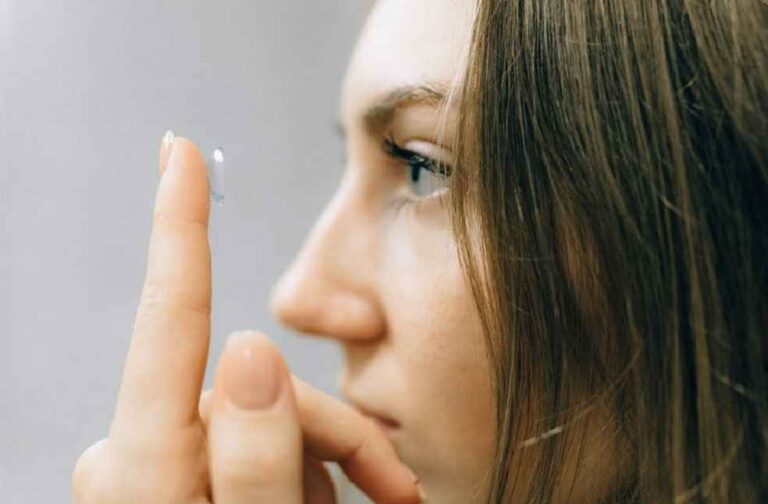United States: Contact lenses can be indispensable for those with poor vision, but if they aren’t properly cleaned and stored, there’s a risk of serious eye infections, experts say.
Up to one out of every 500 contact lens wearers get such infections every year, which can sometimes lead to permanent blindness. Even minor infections caused by contamination are painful and disrupt daily life, according to the American Academy of Ophthalmology.
Regardless of whether contact lenses are worn to correct vision issues or just for special occasions, all contact lenses are considered medical devices by the US Food and Drug Administration and need to be accompanied by a valid prescription, the academy noted.
ISSUES CAUSED BY CONTACT LENSES
Scratches: These can be caused by contact lenses that are too old or don’t fit properly. They can also cause blood vessels to grow into the cornea, a risky condition that can impair sight.
Dry eye: This is a common symptom when wearing contact lenses, but if eye drops are used to fix it, lenses may become damaged, the academy warned. While eye drops should be avoided, if used, it should be lubricating drops without preservatives or wetting drops.
Allergies: Irritating particles can gather on contact lenses and then come into contact with the eyes. If vision becomes blurry or there is pus in the eye, these symptoms could signal severe eye issues.
HOW CAN YOU PREVENT THESE PROBLEMS?
Don’t sleep with contacts from the previous day still in the eyes unless it is prescribed by an eye care provider. When sleeping with contacts, the warm and wet environment is an easy place for bacteria to live and multiply, often causing an infection.
Wash hands with soap and warm water before handling contact lenses. Drying hands after washing them is almost as important as washing them. This is because water can introduce germs to the eye if left on the lens when inserted.
The contact lens must be cleaned and sterilized before being reinserted. There are many different cleansing methods that depend on the type of contact lens used if the person has allergies or other factors.



